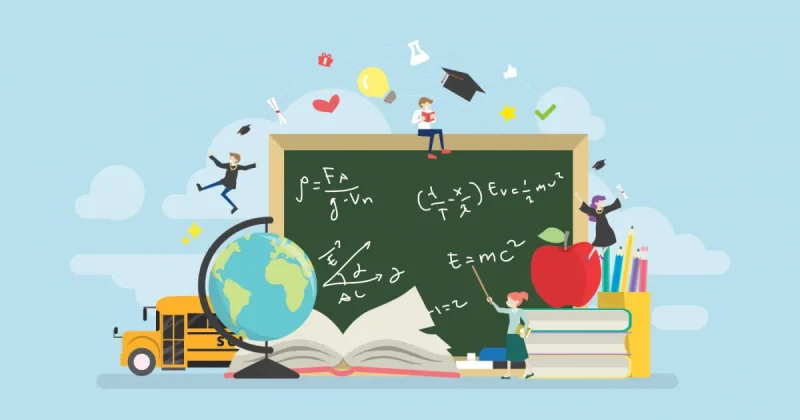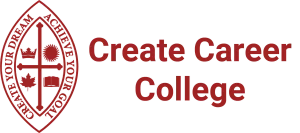
In Canada, Secondary School is usually high school in other countries, so all the studies beyond secondary school are post-secondary education. There are a few types of post-secondary education in Canada, this blog will help you give you a guide on how to choose a post-secondary education in Canada.
Universities
Studying at a university might be the most fulfilling experience in your life. Most universities in Canada grant: Bachelor’s degrees, Master’s degrees, and Doctoral degrees, and they offer a wide range of programs and majors. Bachelor’s degree usually takes 3-4 years to complete; a Master’s degree usually takes 1-3 years and a Doctoral degree takes 3-4 years after the Master’s Degree to complete.
Canadian public universities and private universities offer professional certificate programs as well such as real estate, accounting, and also professions like law and medicine need extra training after graduation. Comparing to other post-secondary education, universities are the most expensive and they offer the most advanced studies.

Colleges and Institutes
They are a few types of institutes and colleges in Canada.
-Public and Private Colleges
-Community colleges
-Institute of technology or science
-collèges d’enseignement général et professionnel (CEGEPs) in Quebec
-Career Colleges
Colleges and institutes in Canada are much shorter than universities, they usually take 1-3 years to complete. Colleges and Institutes offer fewer programs and more career-oriented studies than universities. Some colleges started granting Bachelor’s degrees and Master’s degrees in some industries, but mostly, certificates and diplomas. If you wish to spend less time in schools and save some money, colleges and institutes are a great choice.
Create Career College offers both certificates and diplomas, our Business Administration, Hospitality, and Health Care Assistant programs include paid co-op programs and guarantee students’ employment!

What to Choose?
No matter what kind of post-secondary education you choose, make sure to check if the school is on Designated Learning Institutions List (DLI), it is a list of institutions recognized by the government of Canada and it ensures that your education is authentic and recognized.
Universities usually offer more broad and more academic programs of studies, but it is longer and more expensive than colleges and institutes. Colleges and institutes offer more professional and career-oriented courses to ensure you learn skills. Moreover, usually, a well-known university requires a higher academic grade to enroll and offers a larger class size and more students on campus in general. Make sure to check the school’s courses and choose your passion!

